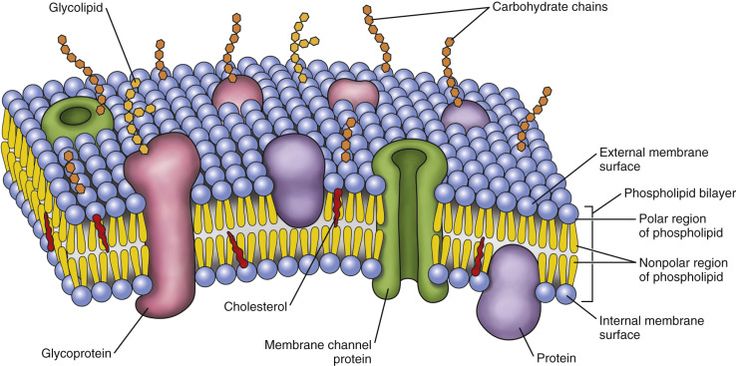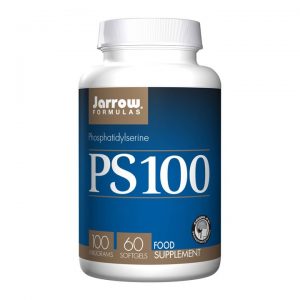Phosphatidylserine – Serena Coan Bsc, DipION, CNHC
Phosphatidylserine is a naturally occurring phospholipid, a fatty component of cell membranes. As the most abundant phospholipid in the human brain, this nutrient plays a key role in cell signalling as it covers and protects cells in the brain and carries messages between them, therefore supporting healthy mind and memory function.
Phosphatidylserine can be synthesised in the body or consumed through the diet, primarily found in meat and fish with minimal amounts in a vegetarian diet. Phosphatidylserine is easily absorbed and able to cross the blood-brain barrier to help support normal nerve stability, function, memory and healthy ageing of the brain.

As we age our natural phosphatidylserine production decreases, therefore increasing intake of this phospholipid may support the elderly more than younger individuals.
As well as the benefits to cognitive function, this phospholipid may also support mood as it is involved in the action and release of neurotransmitters such as acetylcholine, dopamine and noradrenaline. Phosphatidylserine is also a key player in blood coagulation, where it supports the activation of molecules essential to the blood clotting process. The greatest benefits have been found in studies using supplementation of up to 300 mg daily, which would be found in approximately 250 g of chicken thigh.
Sources
This entry was posted in Health Interlink News. Bookmark the permalink.


